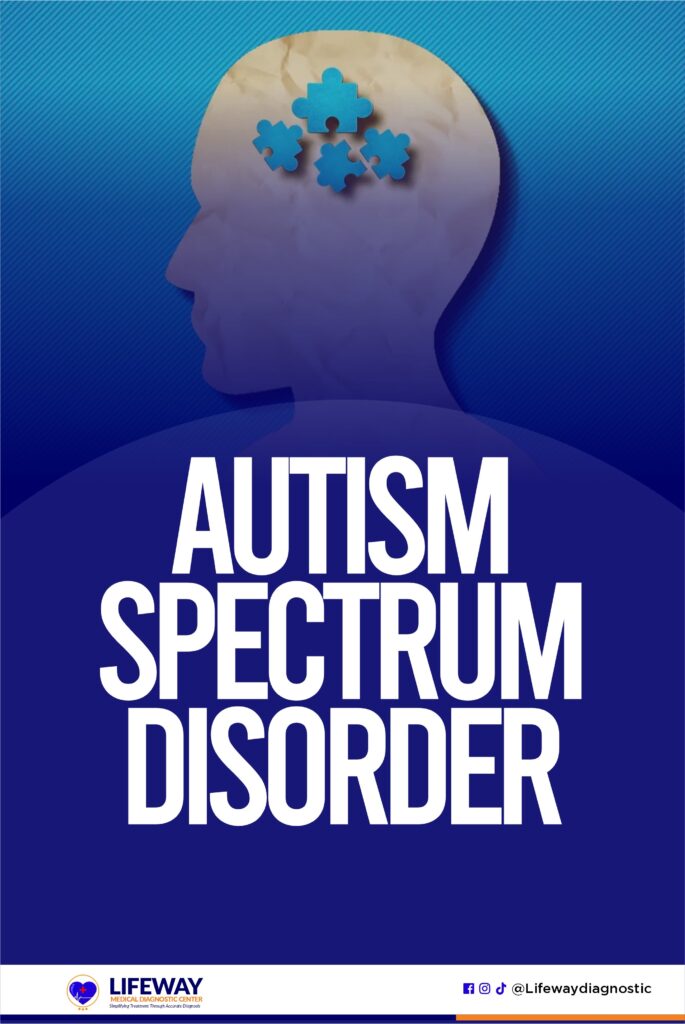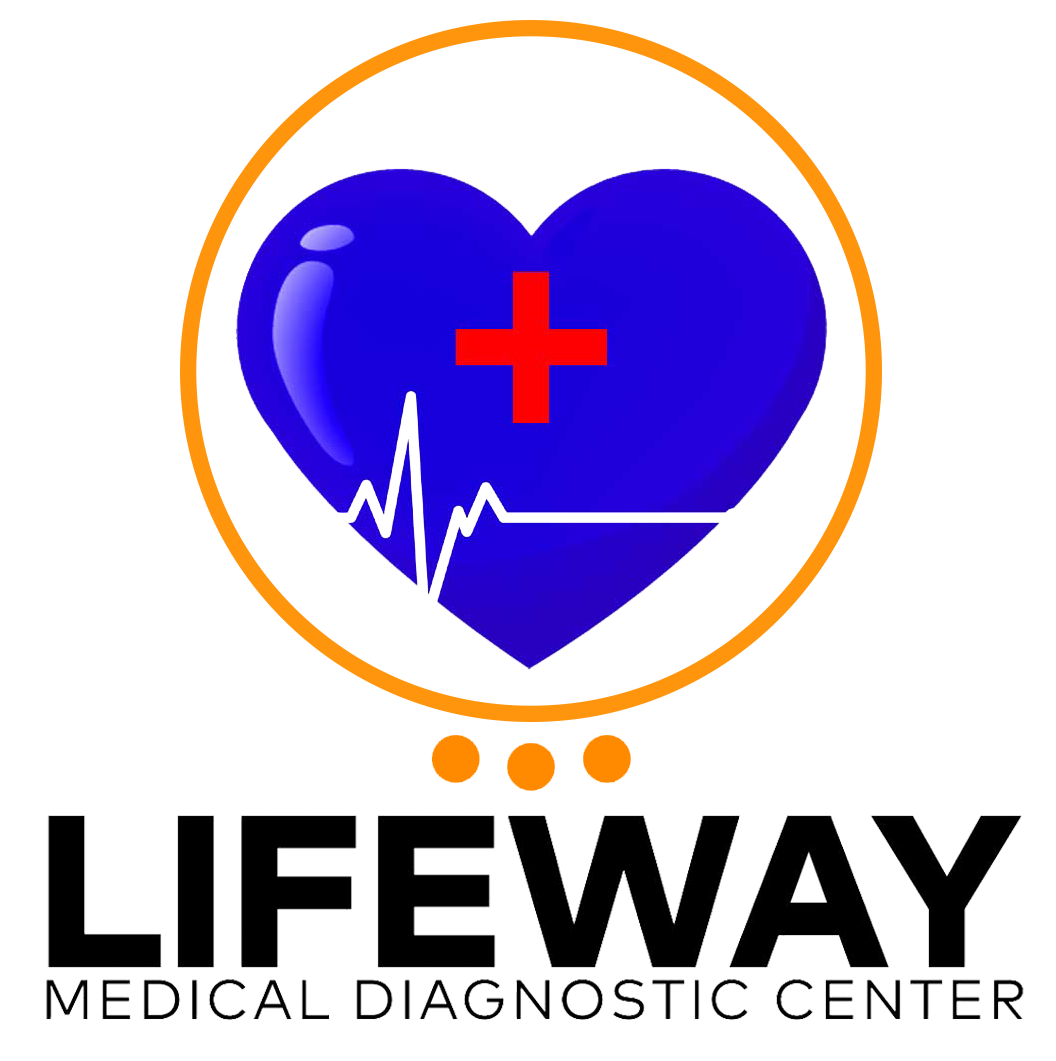Autism Spectrum Disorder is not a disease or disorder that needs to be “cured.” Instead, it is a natural variation in the human experience, the diversity of the human brain, and its capabilities.
It’s important to note that individuals with Autism Spectrum Disorder (ASD) are not “broken” or “deficient,” but rather possess unique cognitive and perceptual abilities that enrich our society.

Autism Spectrum Disorder (ASD) is a complex neurodevelopmental condition that affects the way individuals perceive the world and interact with others.
Some people with ASD may be highly intelligent and verbally fluent, while others may have significant learning disabilities and little to no spoken language.
It is essential to raise awareness, be compassionate, and create an inclusive society that celebrates the unique strengths and contributions of individuals on the autism spectrum.
What is Autism Spectrum Disorder?
Autism Spectrum Disorder (ASD) is a lifelong neurological and developmental condition that affects how a person communicates with and relates to other people.
People with ASD may struggle to interpret social cues, engage in reciprocal conversations, and navigate social situations. They may also have restricted interests, repetitive behaviors, and sensory sensitivities.
The “spectrum” in Autism Spectrum Disorder (ASD) shows that the symptoms and their severity can vary greatly from person to person. Hence, each person with their unique strengths, challenges, and lived experiences.
Symptoms of Autism Spectrum Disorder
The characteristics or symptoms of ASD include:
- Trouble engaging in back-and-forth conversation
- Intense fixation on specific topics or objects
- Challenges in developing and maintaining relationships
- Rigidity in routines and difficulty with changes
- Difficulty interpreting verbal and nonverbal cues like facial expressions, tone of voice, and body language.
- Repetitive motor movements like hand flapping or rocking.
Causes and Risk Factors of Autism
Researchers have not yet fully understood the exact causes of autism, but studies suggest it is likely due to a combination of genetic and environmental factors. Some potential risk factors include:
- Having a close family member with Autism Spectrum Disorder
- Being born to older parents
- Experiencing certain viral infections or exposure to toxins during pregnancy
- Experiencing birth complications or premature birth
Best ways to support individuals with ASD
Ultimately, the journey of supporting individuals with Autism Spectrum Disorder is one of empowerment and self-advocacy.
There is no one-size-fits-all approach to supporting individuals with ASD. However, early intervention, specialized therapies, and accommodations can make a significant difference. Some common supports include:
- Speech therapy to improve communication skills
- Occupational therapy to build functional skills
- Applied Behavior Analysis (ABA) to develop positive behaviors
- Social skills training to build social and emotional understanding
- Sensory integration therapy to address sensory processing difficulties
- Educational accommodations like extended time on tests or a quieter learning environment
Conclusion
By providing the necessary resources, accommodations, and a supportive environment, we can empower individuals with Autism Spectrum Disorder to unlock their full potential, advocate for their needs, and contribute to society in extraordinary ways.
With the right support, people with ASD can live fulfilling, independent lives and make meaningful contributions to their communities.
If you suspect your child may be on the autism spectrum, don’t hesitate to reach out to your pediatrician for an evaluation and guidance on the next steps. Early diagnosis and intervention can make a world of difference.
